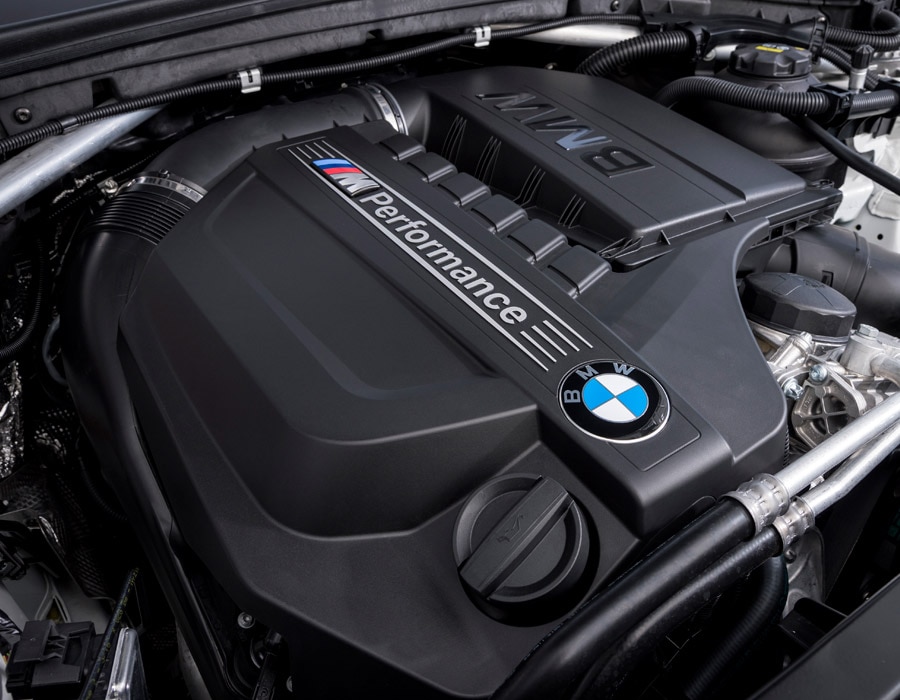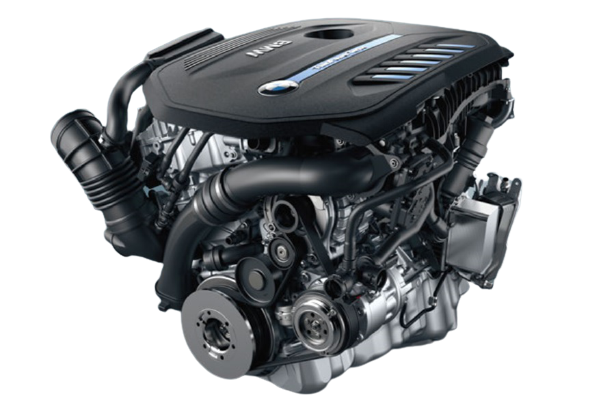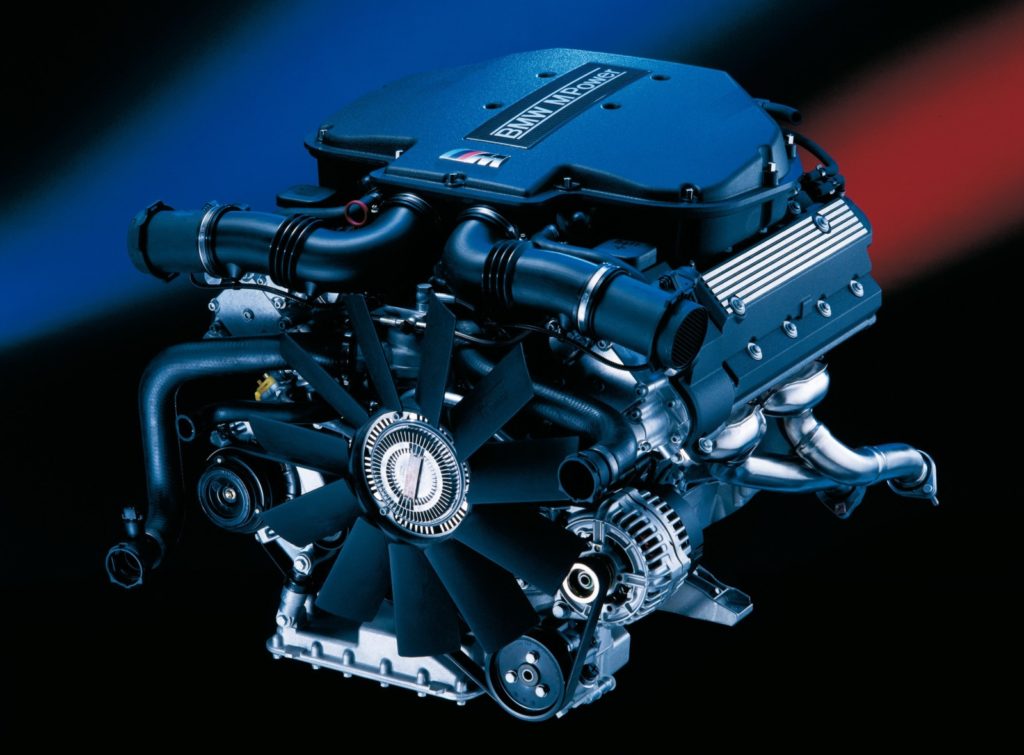Introducing the Intricacies of Next-Generation Power Units: a Deep Dive Into Advanced Engine Designs and Advancements
In the world of auto design, the unrelenting search of performance, efficiency, and sustainability has actually thrust the advancement of power devices to unmatched heights. As we base on the precipice of a new era in transport, the intricacies of next-generation engine layouts bid us to check out the innovative modern technologies and technologies that guarantee to redefine the driving experience. From sophisticated materials that push the limits of resilience and weight decrease to sophisticated turbocharging and supercharging systems that boost power result to brand-new levels, each part of these power systems holds an essential to unlocking the future of automobile design. Digging deeper right into the realms of emission control, smart engine management systems, and the horizon of power device development, we discover ourselves on the cusp of an improvement that assures to improve the landscape of wheelchair as we understand it.
Evolution of Engine Products

The change in the direction of advanced engine materials has additionally made it possible for engineers to design engines with greater power outputs while maintaining fuel effectiveness criteria. The use of light-weight products reduces the general weight of the engine, leading to improved fuel economic climate and lower discharges. In addition, improvements in products innovation have enabled for much better thermal administration within engines, leading to enhanced dependability and longevity.
Turbocharging and Supercharging Technologies
How do Turbocharging and Supercharging Technologies revolutionize engine efficiency and effectiveness in modern vehicles? Turbo charging and turbocharging are modern technologies that dramatically enhance engine performance by enhancing the amount of air consumption into the burning chamber. Turbocharging accomplishes this by making use of a turbine driven by exhaust gases to pressurize the consumption air, while supercharging utilizes a belt- or chain-driven compressor to accomplish the same impact.
These technologies make it possible for smaller, more fuel-efficient engines to generate power equal to bigger ones, understood as downsizing. By forcing even more air right into the cylinders, turbocharging and supercharging improve burning effectiveness, resulting in raised horse power and torque result without a substantial increase in engine size. This results in much better acceleration, lugging ability, and overall driving efficiency.
In addition, turbocharging and turbo charging contribute to boosted gas effectiveness by permitting the usage of smaller sized engines that eat less fuel under regular driving problems - bmw engine. This combination of improved efficiency and efficiency has made turbocharging and turbo charging essential parts of numerous contemporary engine layouts
Exhaust Control and Environmental Impact
With enhancing worldwide problems concerning air high quality and ecological sustainability, the application of exhaust control modern technologies in vehicles plays a critical duty in decreasing unsafe contaminants launched right into the atmosphere. Modern vehicles are geared up with innovative emission control systems that assist decrease the environmental influence of auto operations. Catalytic converters, for instance, are created to convert hazardous gases such as carbon monoxide, nitrogen oxides, and hydrocarbons right into less damaging compounds like carbon dioxide and water vapor.
Moreover, advancements in engine technology, such as the integration of exhaust gas recirculation systems and selective catalytic reduction, have significantly contributed to decreasing emissions. These innovations operate in tandem to enhance burning effectiveness and lessen the launch of damaging pollutants into the air. Additionally, the advancement of hybrid and electrical lorries stands for a critical step towards minimizing the general environmental impact of the transportation sector.
Intelligent Engine Monitoring Equipment

In addition, these systems allow cars to fulfill strict emissions criteria without jeopardizing efficiency, offering an extra ecologically pleasant driving experience. The integration of synthetic intelligence and artificial intelligence capacities useful site in engine administration systems remains to press the borders of what is possible, causing additional improvements in efficiency, integrity, and total automobile efficiency. bmw engine. As auto technology breakthroughs, intelligent engine administration systems will certainly play an essential duty in shaping the future of transport in the direction of a more sustainable and reliable instructions
Future Trends in Power Unit Growth
As smart engine management systems pave the way for enhanced control and optimization in modern vehicles, future trends in power system growth are positioned to redefine the landscape of automobile propulsion modern technologies. These different power resources use boosted performance and performance while straightening with stringent ecological regulations.
Another considerable fad is the assimilation of advanced products and making methods. Lightweight products such as carbon fiber and light weight aluminum are being utilized to lower general vehicle weight, boosting fuel efficiency and performance. In addition, developments in 3D printing and additive manufacturing are enabling the manufacturing of complicated engine components with greater precision and sturdiness.
Furthermore, man-made intelligence and equipment understanding are playing an essential role in enhancing power system performance. These innovations permit real-time tracking and flexible control, bring about much more efficient and trusted power shipment. Generally, future patterns in power unit development are tailored towards sustainability, efficiency, and performance, driving the vehicle sector in the direction of a new age of propulsion modern technologies.

Verdict
In conclusion, the improvements in engine materials, turbocharging, discharge control, and smart monitoring systems have actually led the way for next-generation i was reading this power devices. The detailed designs and technologies in contemporary engines showcase the recurring evolution of automobile modern technology.
Exploring the modern developments in engine products has actually been crucial in improving the efficiency and performance of modern engines. Over the years, the evolution of engine products has played a crucial role in pushing the boundaries of what engines can achieve.The shift towards progressed engine products has actually find more info also enabled engineers to make engines with higher power outputs while maintaining gas effectiveness criteria.The execution of smart engine administration systems in contemporary cars has actually transformed the way engines are controlled and optimized for efficiency and performance. By collecting information in real-time and assessing it with innovative algorithms, smart engine monitoring systems can adjust to driving styles, environmental elements, and engine wellness to make the most of power outcome while reducing fuel intake and exhausts.